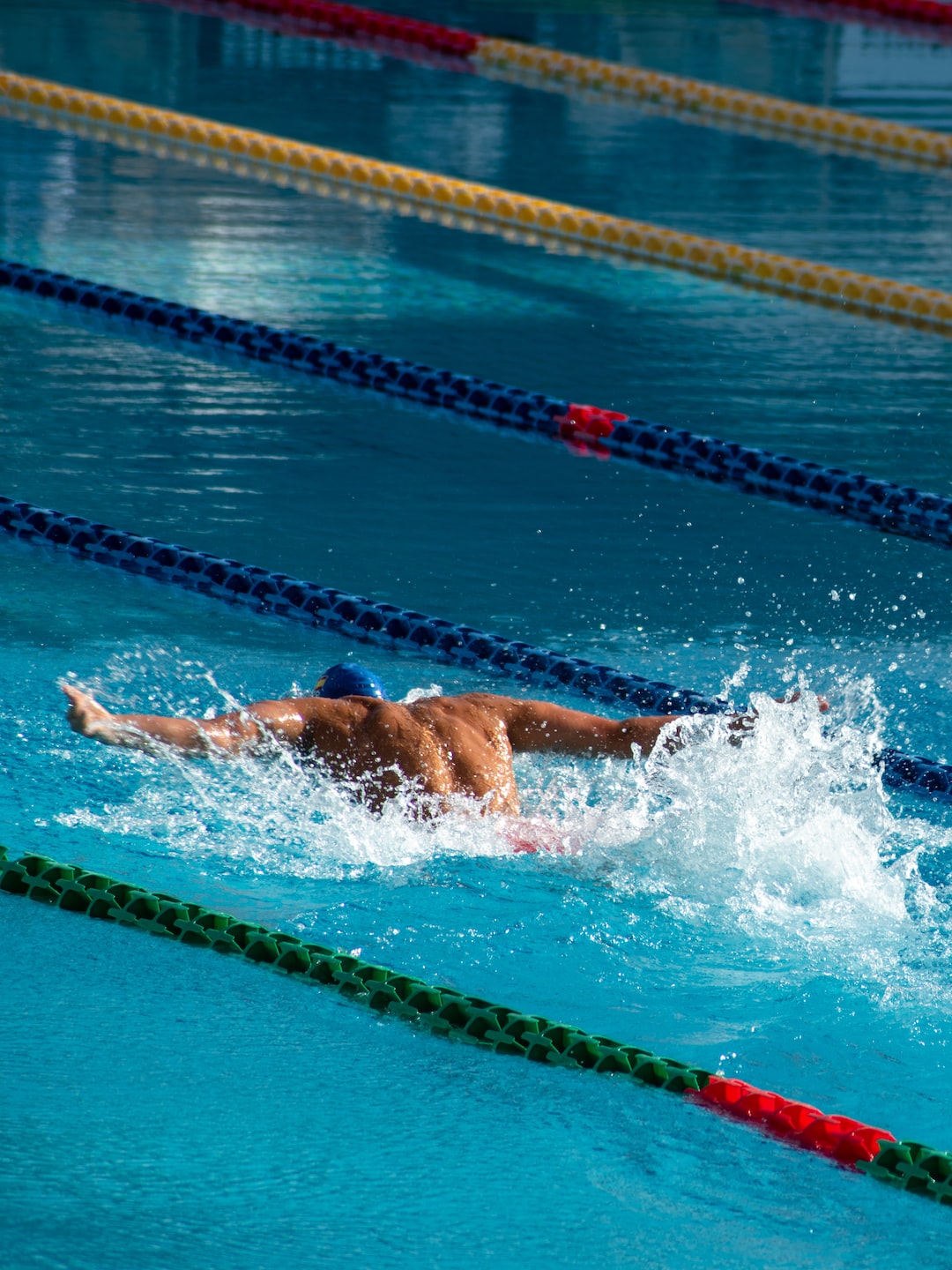The Role of Nutrition in Enhancing Athletic Performance
Nutrition plays a crucial role in enhancing athletic performance. Athletes need to fuel their bodies with the right nutrients to achieve their maximum potential. Whether it is training for a marathon, competing in a sport, or simply maintaining a healthy lifestyle, proper nutrition is key. In this blog post, we will explore the importance of nutrition in athletes’ performance and discuss the essential nutrients that are needed to excel in their respective sports.
Carbohydrates are the primary source of energy for athletes. They fuel the muscles and provide energy for prolonged exercise. Complex carbohydrates, such as whole grains, fruits, and vegetables, are better choices than simple sugars, as they provide sustained energy levels. Athletes should consume a diet rich in carbohydrates to ensure they have enough energy for training and competition. The timing of carbohydrate intake is also crucial, as consuming them before exercise replenishes glycogen stores, and consuming them after exercise aids in recovery.
Protein is another essential nutrient for athletes. It is crucial for muscle growth, repair, and recovery. Athletes should aim to consume enough protein to meet their individual needs. This can be achieved by consuming lean meats, fish, poultry, dairy products, or plant-based sources such as beans, lentils, and tofu. Protein intake is particularly important after intense exercise to repair and rebuild damaged muscle tissue.
Fats are often misunderstood in the context of athletic performance. While it is true that excess fat intake can lead to weight gain and slow an athlete down, the right kind of fats are essential for overall health and performance. Unsaturated fats, found in foods like nuts, seeds, avocados, and olive oil, are excellent sources of healthy fats. They provide long-lasting energy and aid in the absorption of fat-soluble vitamins.
Hydration is a critical aspect of nutrition for athletes. Water is essential for maintaining optimal performance. Dehydration can lead to decreased strength, fatigue, and impaired cognitive function. Athletes should drink water before, during, and after exercise to replace fluids lost through sweat. The American College of Sports Medicine recommends that athletes should aim to drink 16-20 ounces of fluids 2-3 hours before exercise and 8-10 ounces of fluids 10-20 minutes before exercise. During exercise, it is important to replace fluids lost. Post-exercise, athletes should continue to drink water to replenish fluids and aid in the recovery process.
Vitamins and minerals are also crucial for athletes’ performance. They play various roles in the body, including energy production, immune function, and muscle contraction. Athletes should consume a diverse and balanced diet to ensure they are getting all the necessary micronutrients. Foods such as fruits, vegetables, whole grains, and lean proteins are excellent sources of vitamins and minerals. In some cases, athletes may need to supplement certain nutrients under the guidance of a healthcare professional, especially if they have specific deficiencies or follow restrictive diets.
In addition to the macronutrients and micronutrients mentioned, athletes should also pay attention to their timing of meals and snacks. Fueling before and after exercise can greatly impact performance and recovery. Pre-exercise meals should consist of easily digestible carbohydrates, moderate protein, and low-fat options. On the other hand, post-exercise snacks or meals should include complex carbohydrates, proteins, and an adequate amount of fluids to aid in replenishing glycogen stores, repairing muscle tissue, and rehydrating the body.
In conclusion, nutrition plays a vital role in enhancing athletic performance. Proper fueling with the right macro and micronutrients, hydration, and adequate timing of meals can help athletes excel in their respective sports. It is crucial for athletes to understand the significance of nutrition and work with nutrition professionals to develop individualized plans that meet their specific needs. By prioritizing nutrition and fueling their bodies with the right nutrients, athletes can optimize their performance and achieve their goals.

